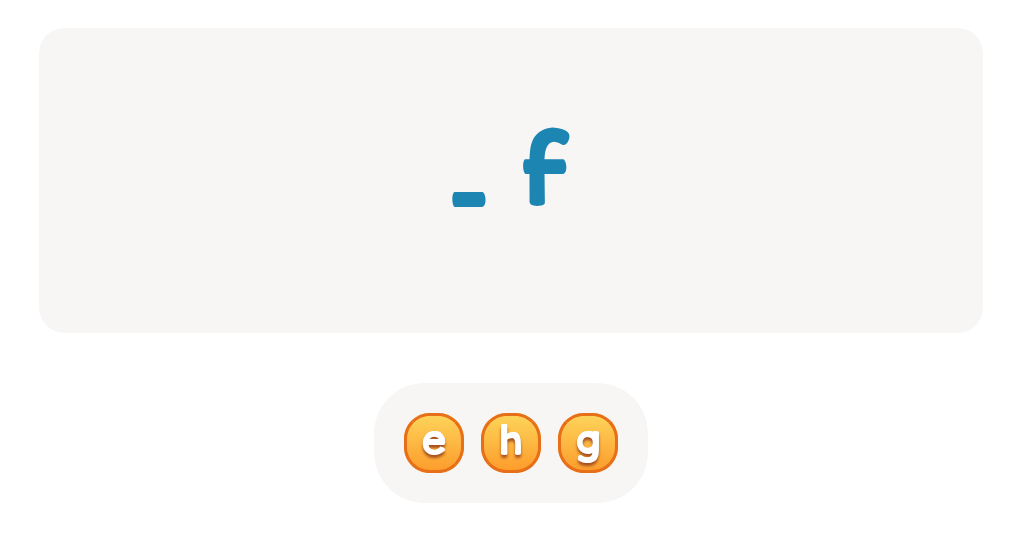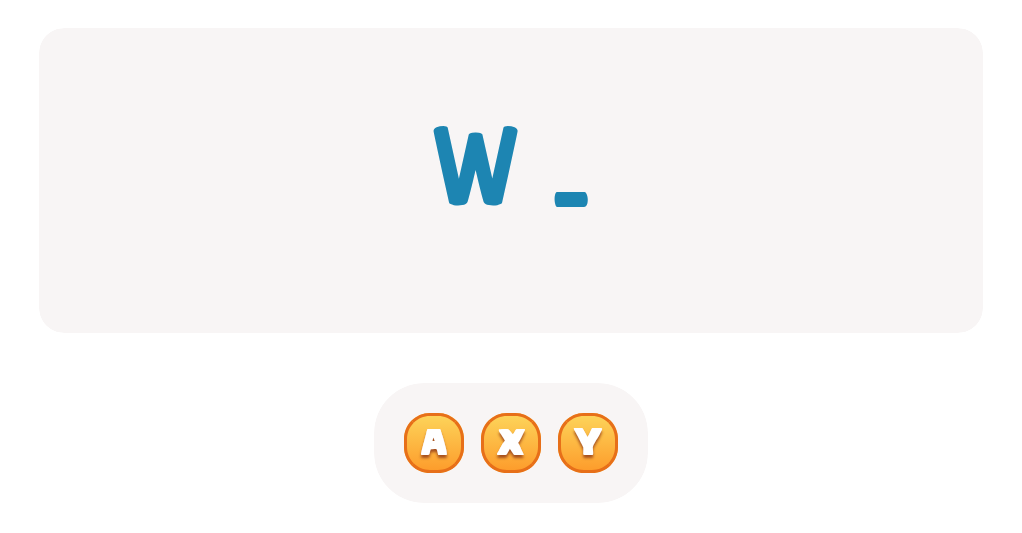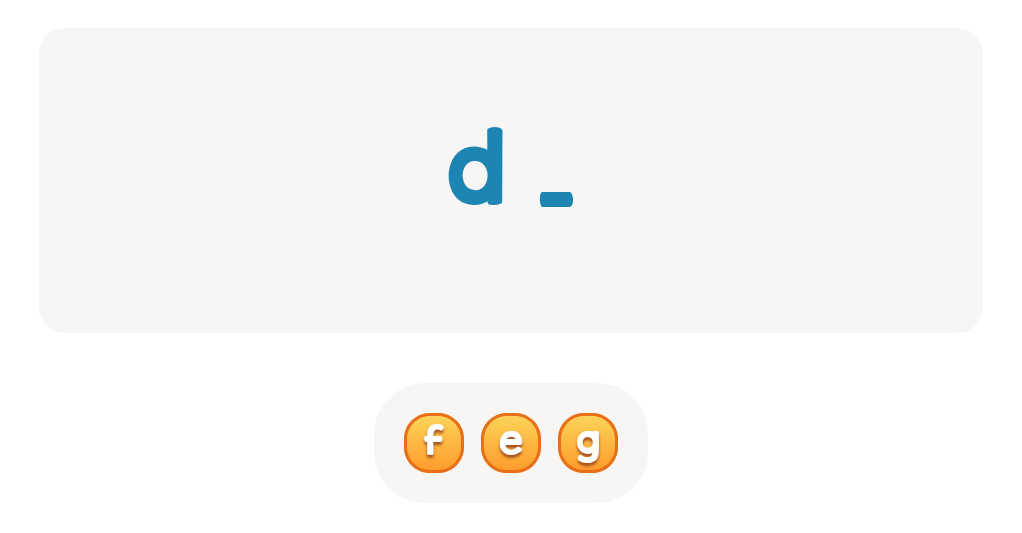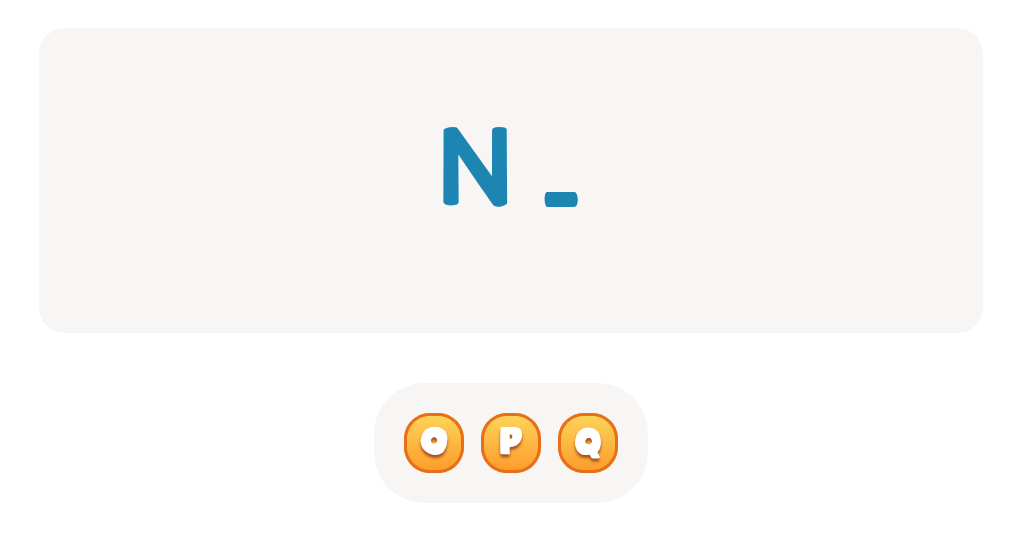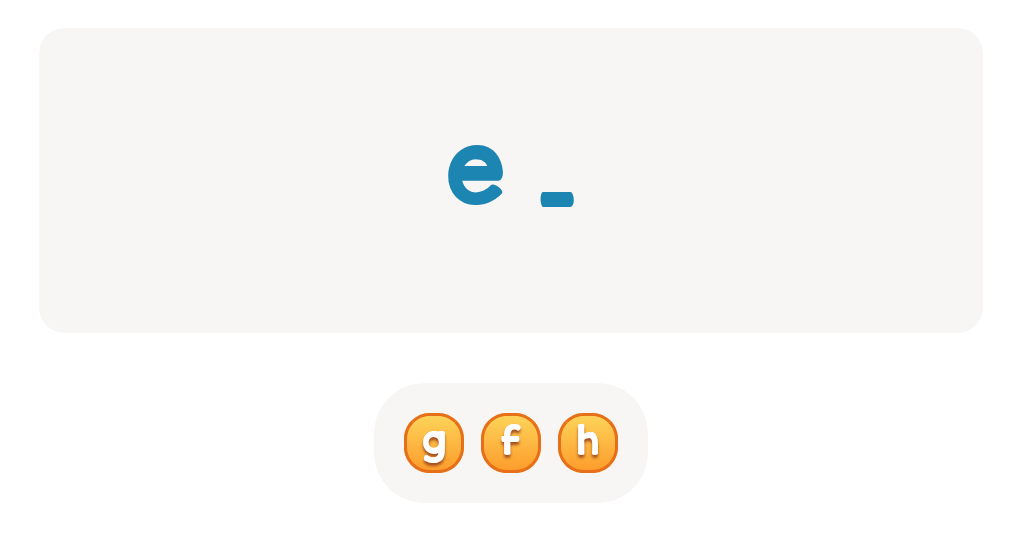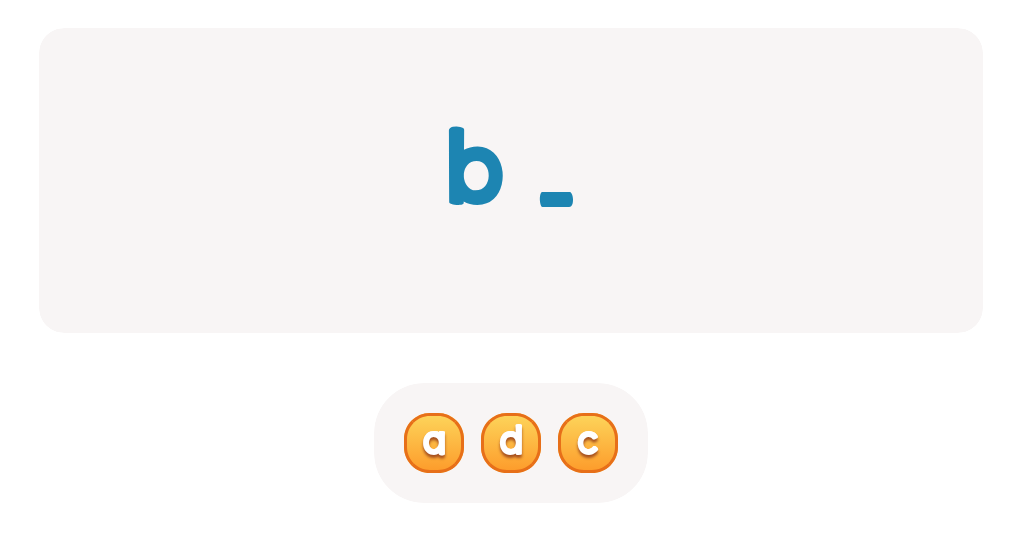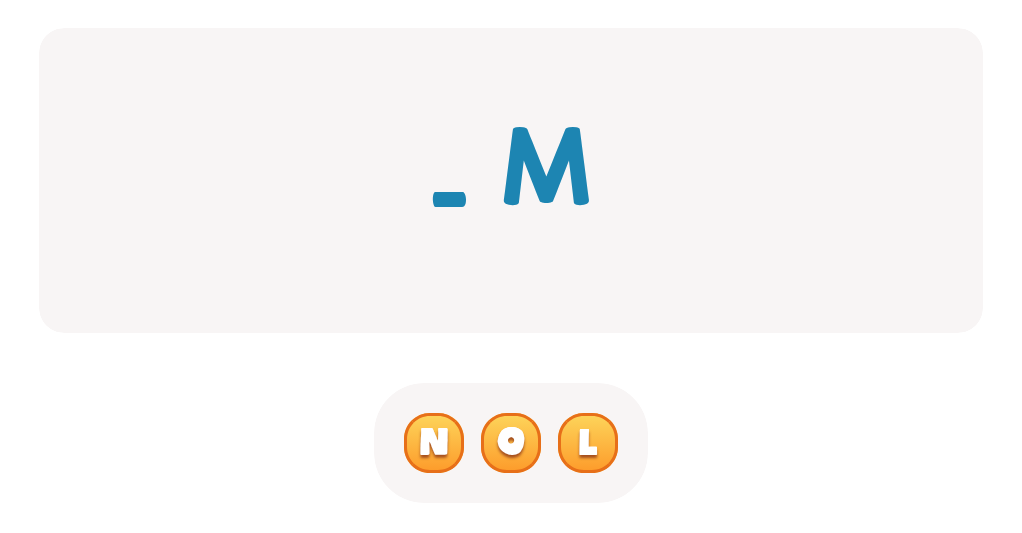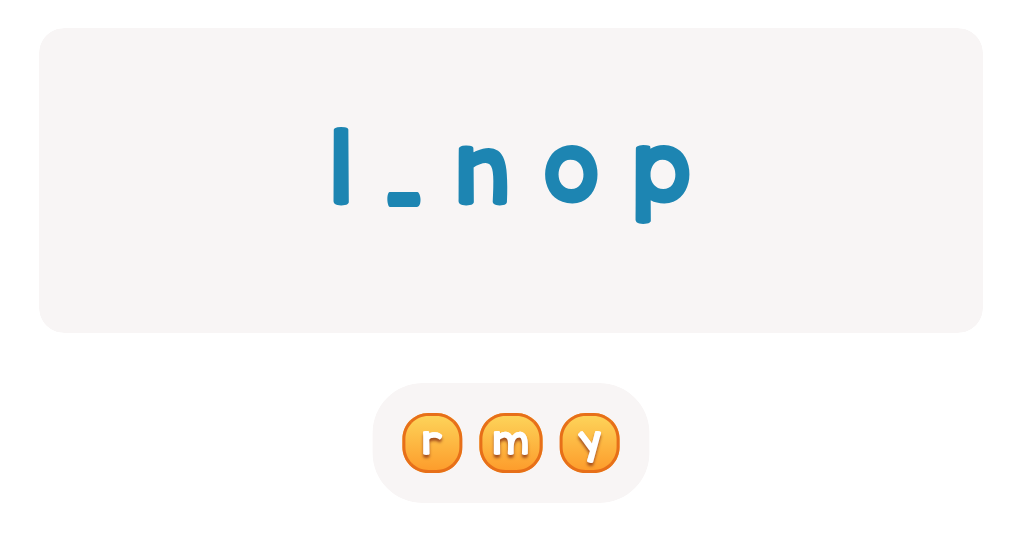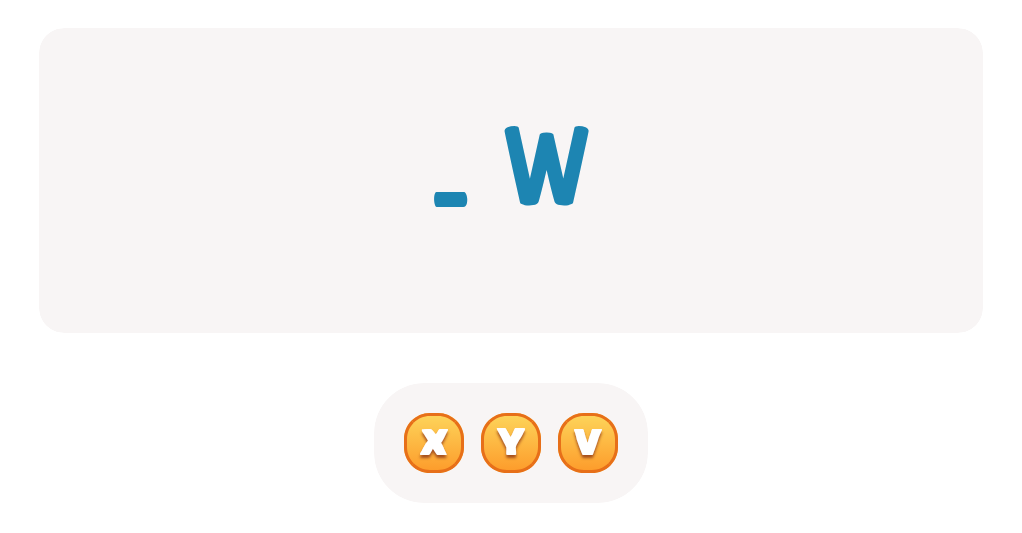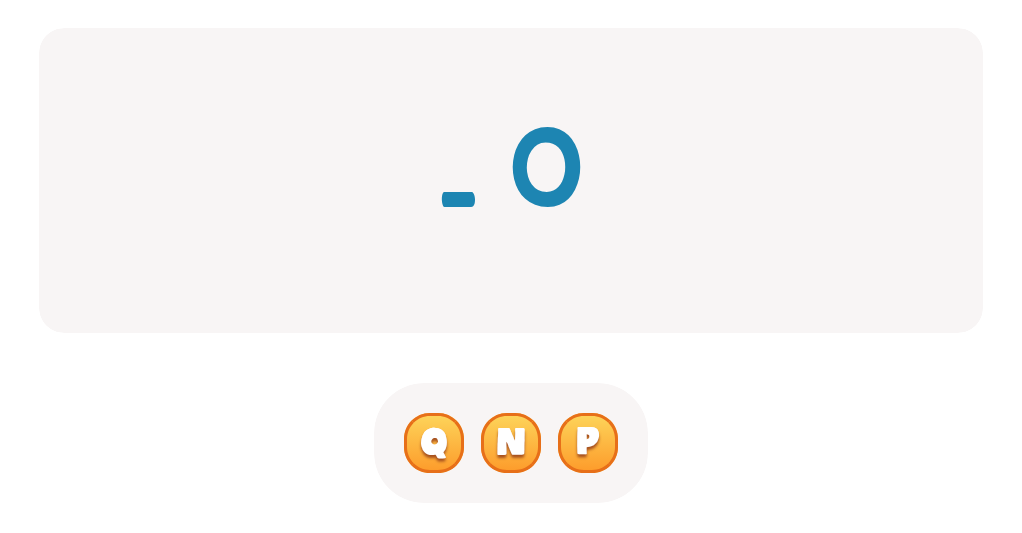Alphabet Recognition Normal ABC Letters Worksheets
19 filtered results
-
From - To
Enhance early literacy skills with our Alphabet Recognition worksheets. These engaging, printable activity sheets are designed to help young learners identify and remember normal ABC letters. Ideal for preschool and kindergarten children, each worksheet includes fun, interactive exercises that incorporate tracing, matching letters with objects, and more. These colorful resources make learning the alphabet an enjoyable adventure that lays the foundation for successful reading and writing. Perfect for parents and teachers alike, our worksheets are a valuable tool for building essential alphabet knowledge. Download and watch your child's confidence soar as they master their ABCs!
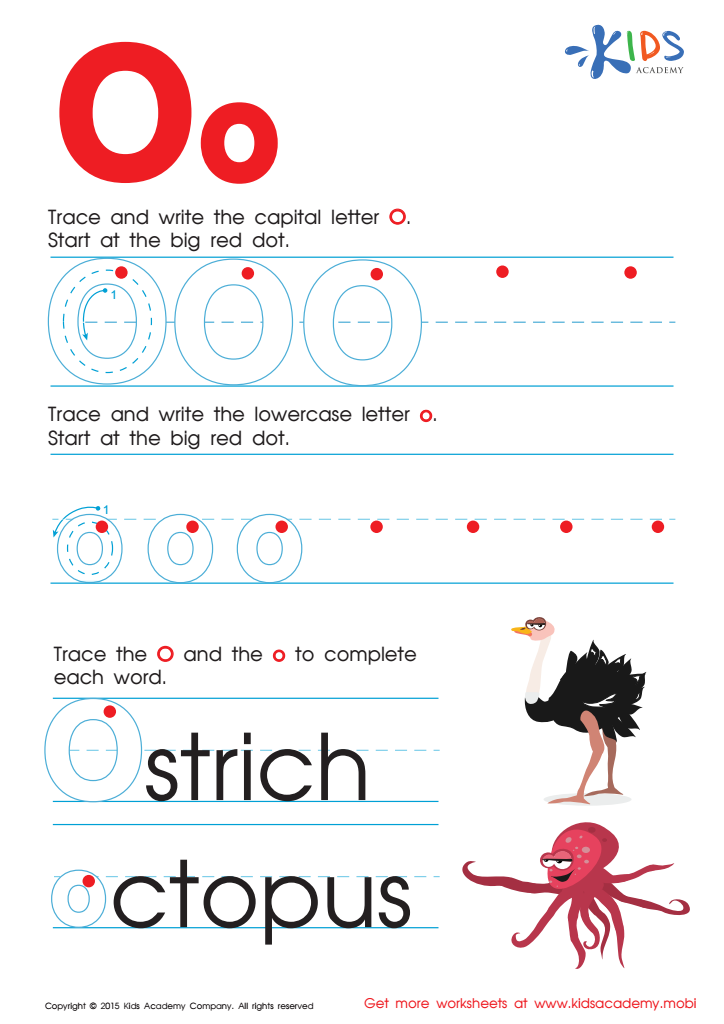

Letter O Tracing Page
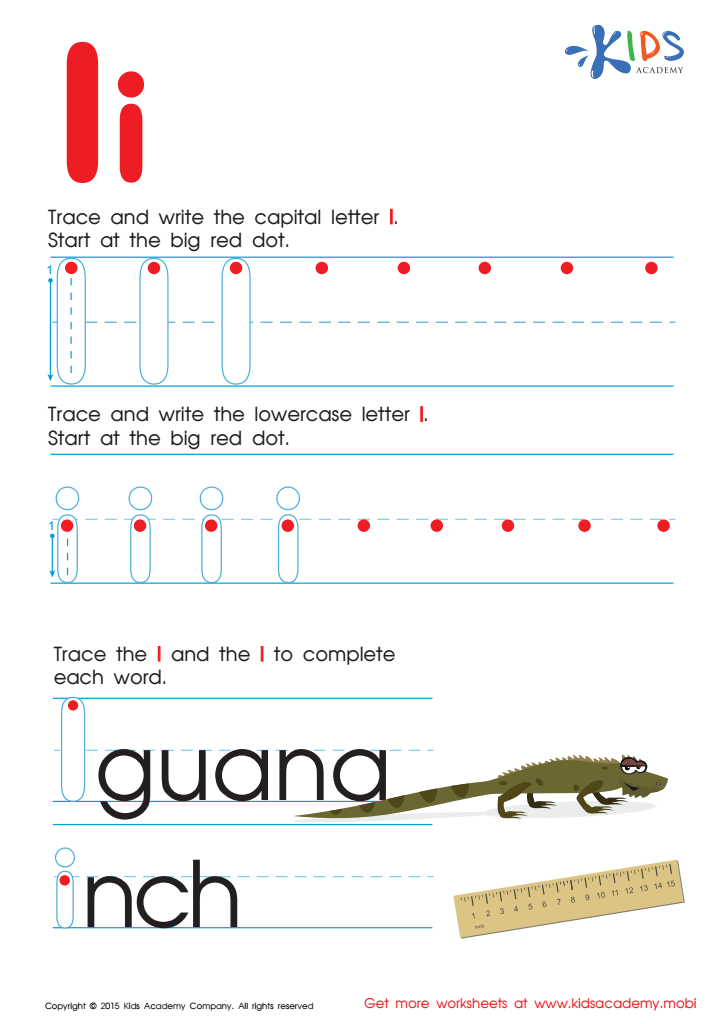

Letter I Tracing Page
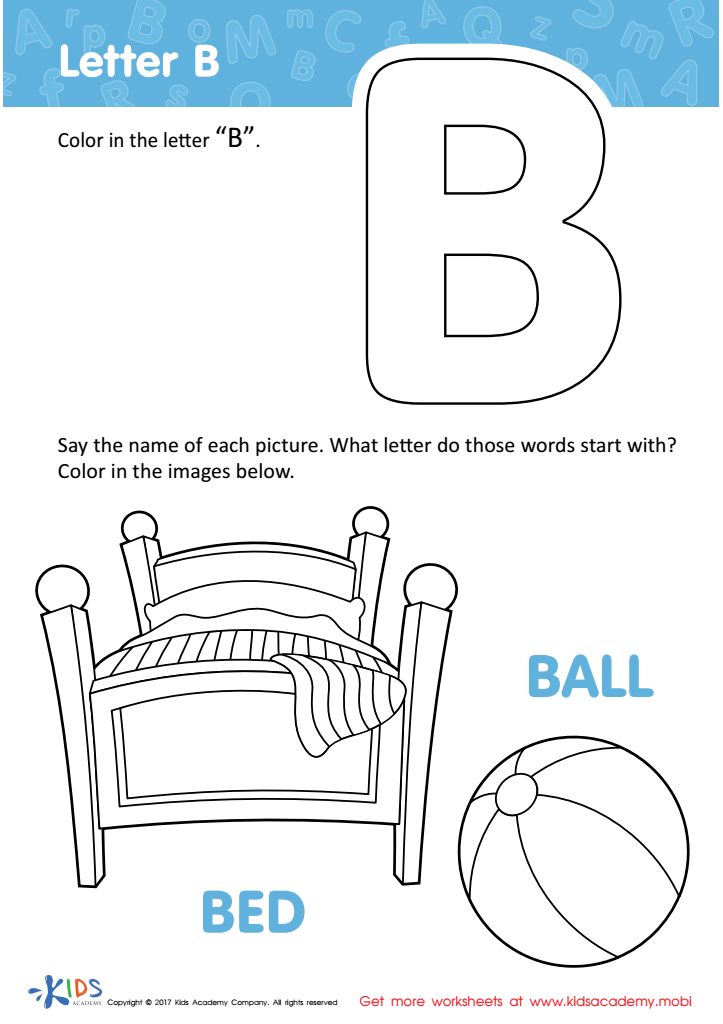

Letter B Coloring Sheet


Letter A Coloring Sheet
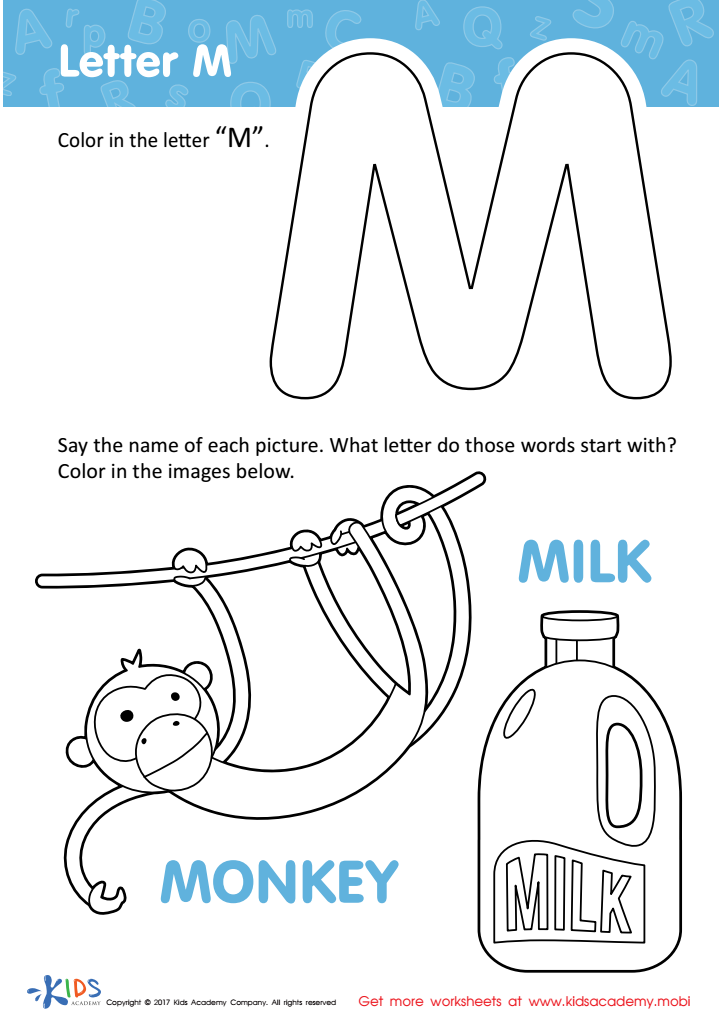

Letter M Coloring Sheet
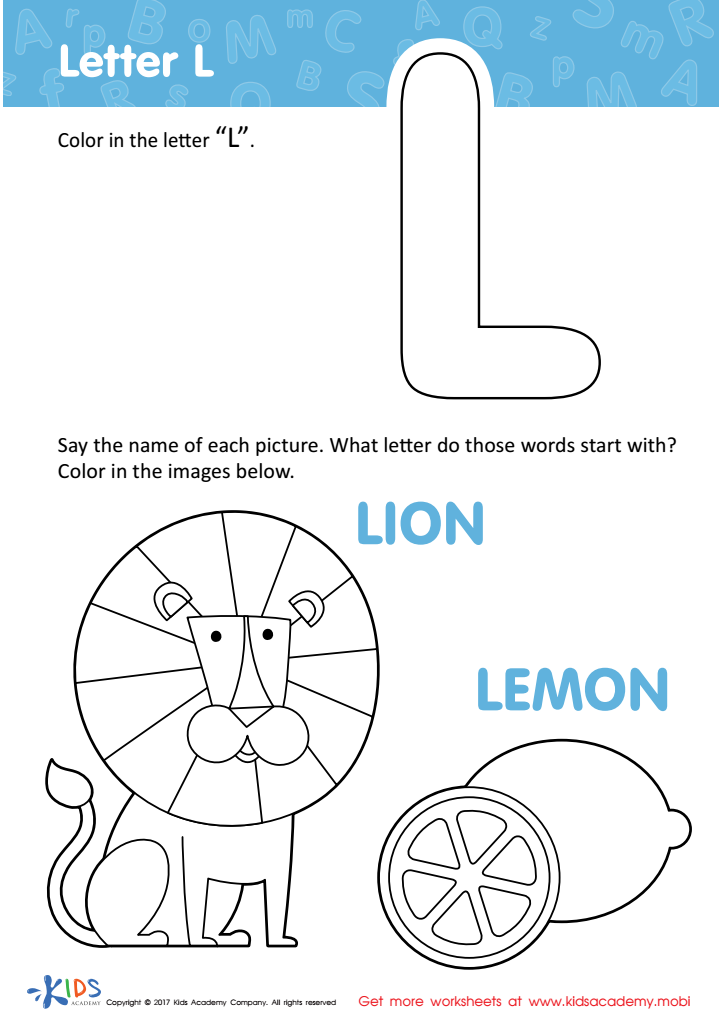

Letter L Coloring Sheet
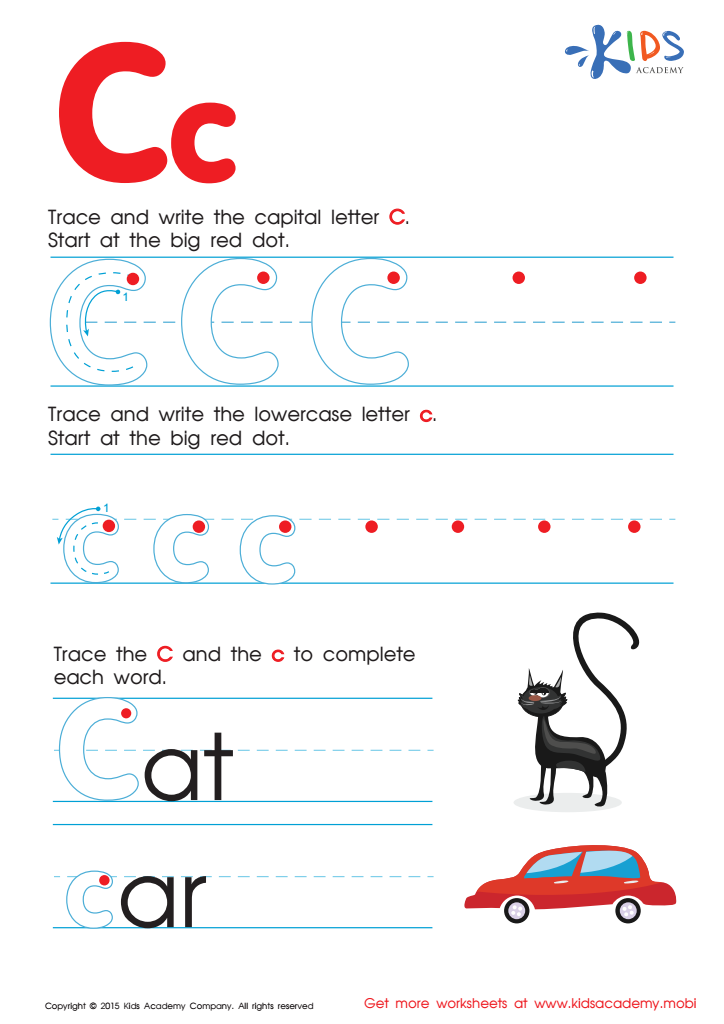

Letter C Tracing Page
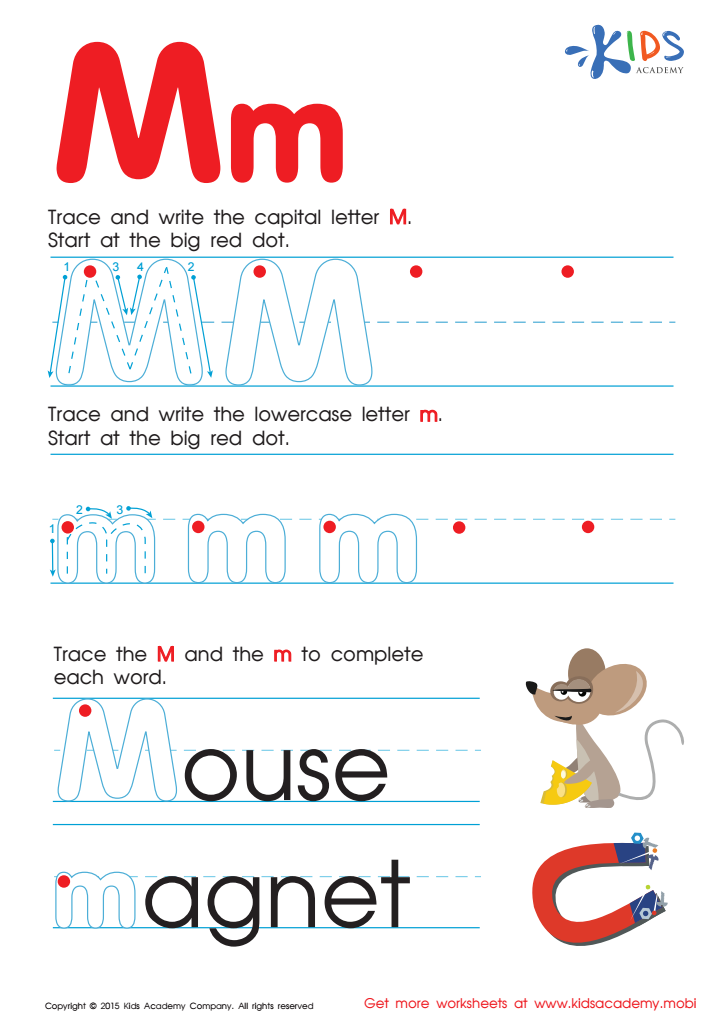

Letter M Tracing Page
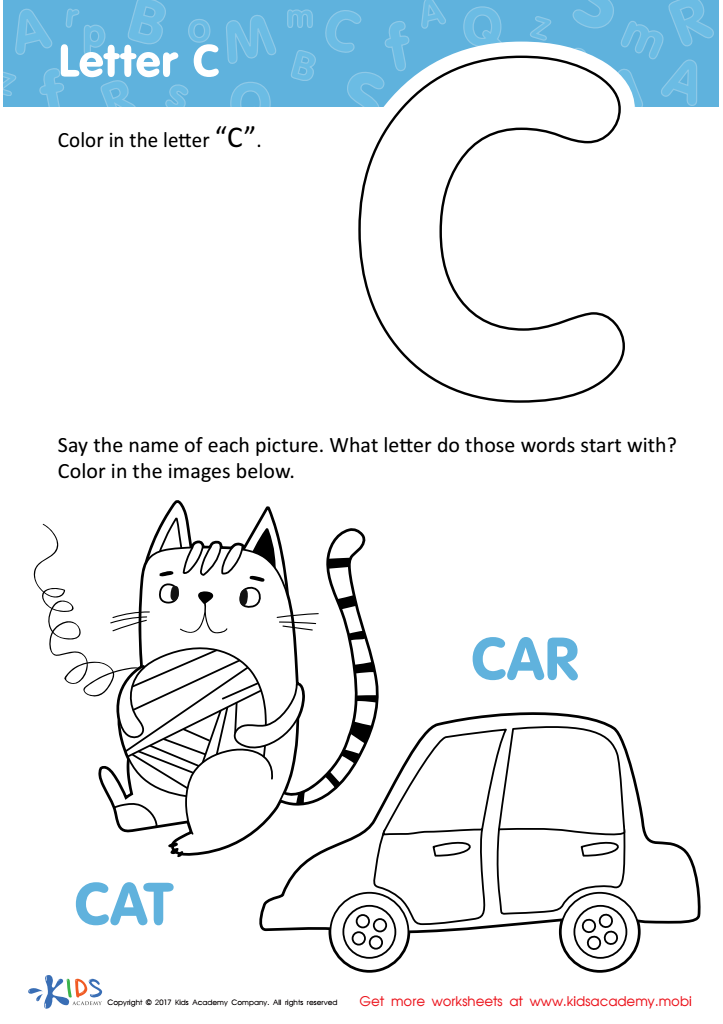

Letter C Coloring Sheet
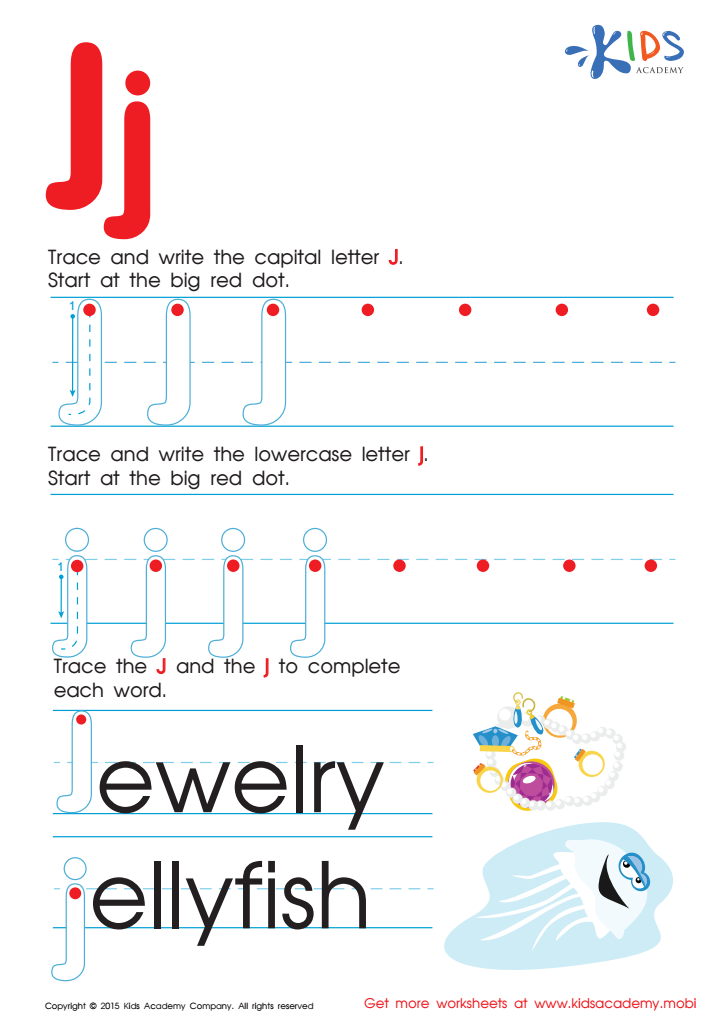

Letter J Tracing Page
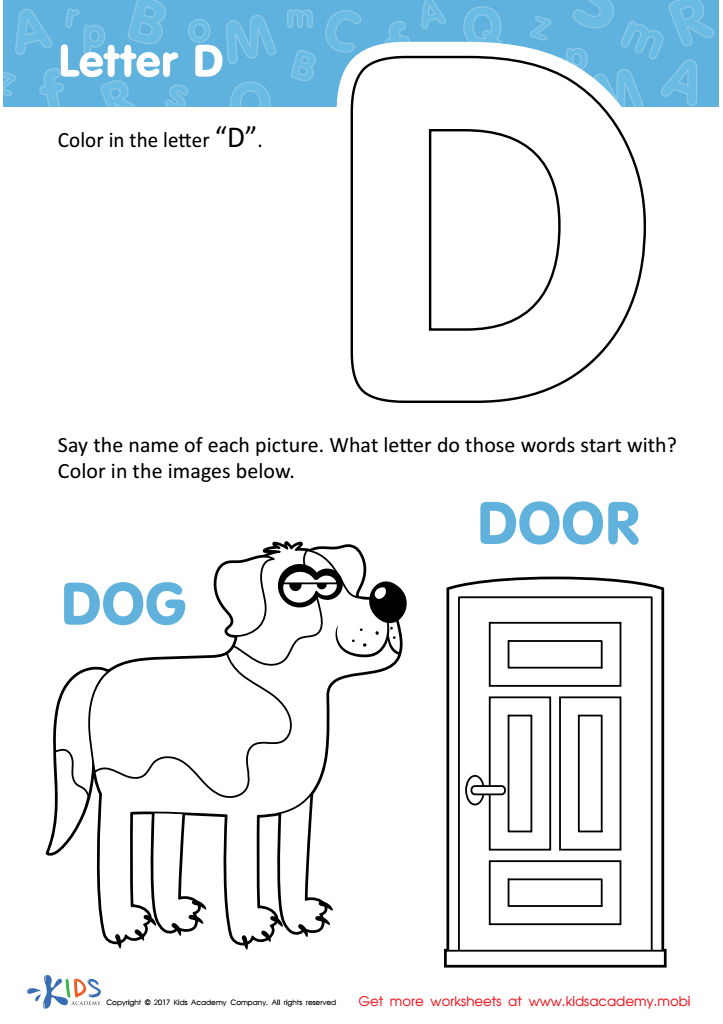

Letter D Coloring Sheet
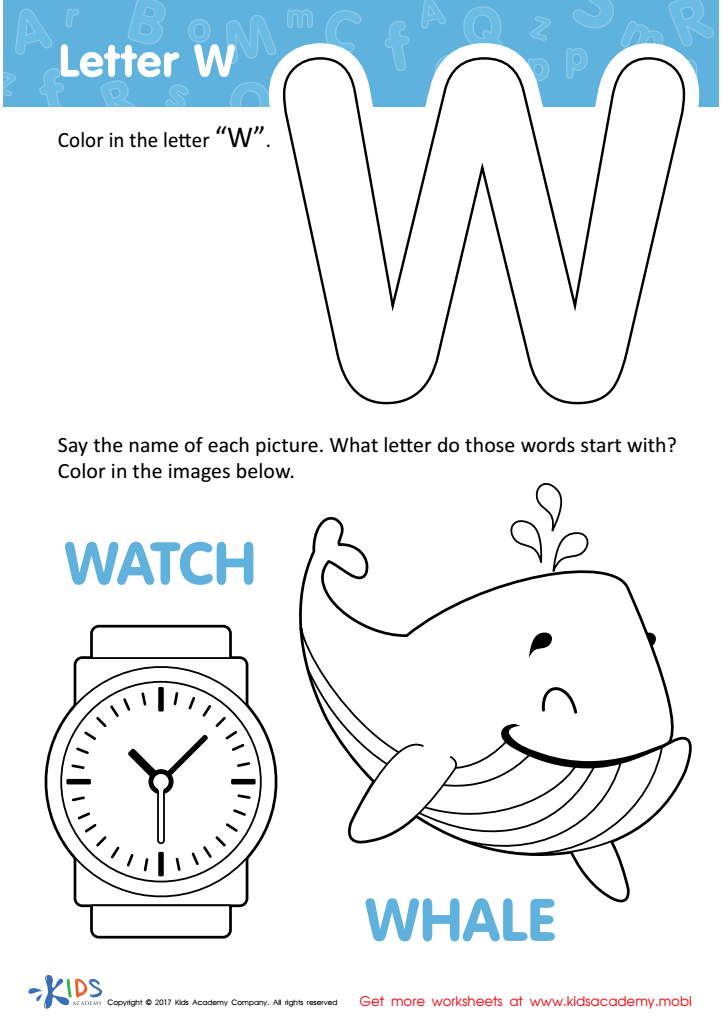

Letter W Coloring Sheet
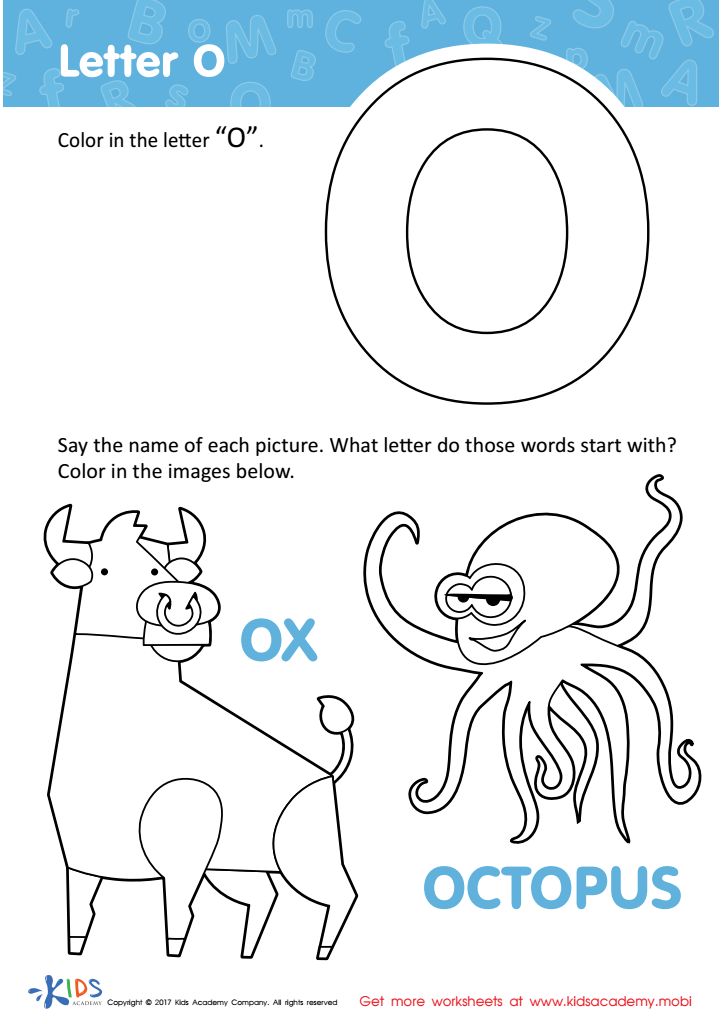

Letter O Coloring Sheet
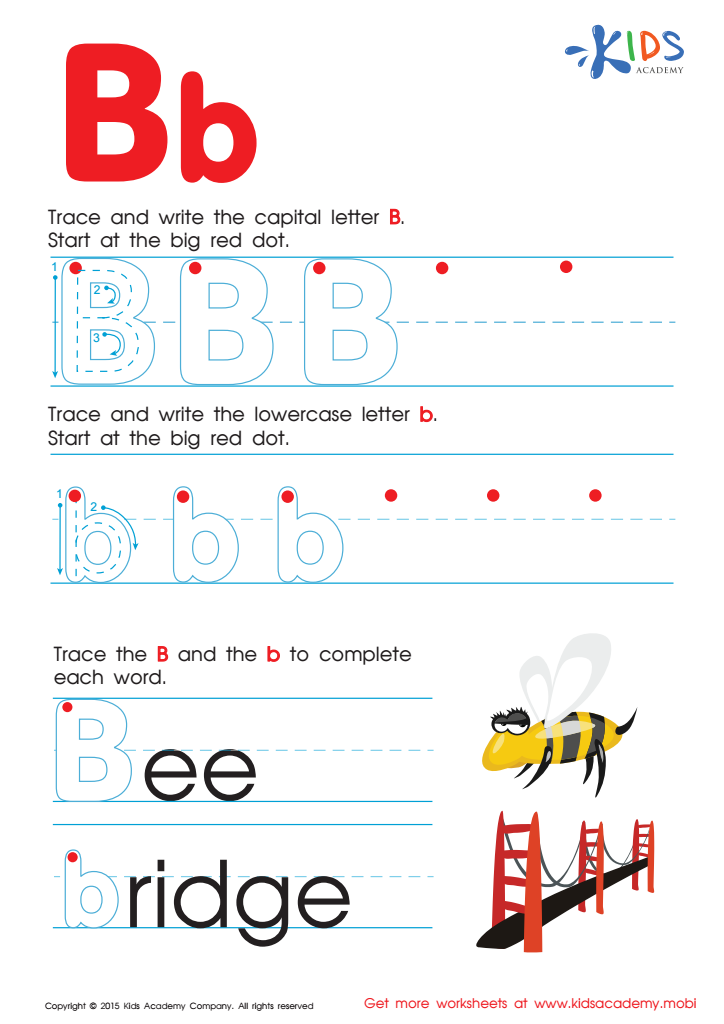

Letter B Tracing Page
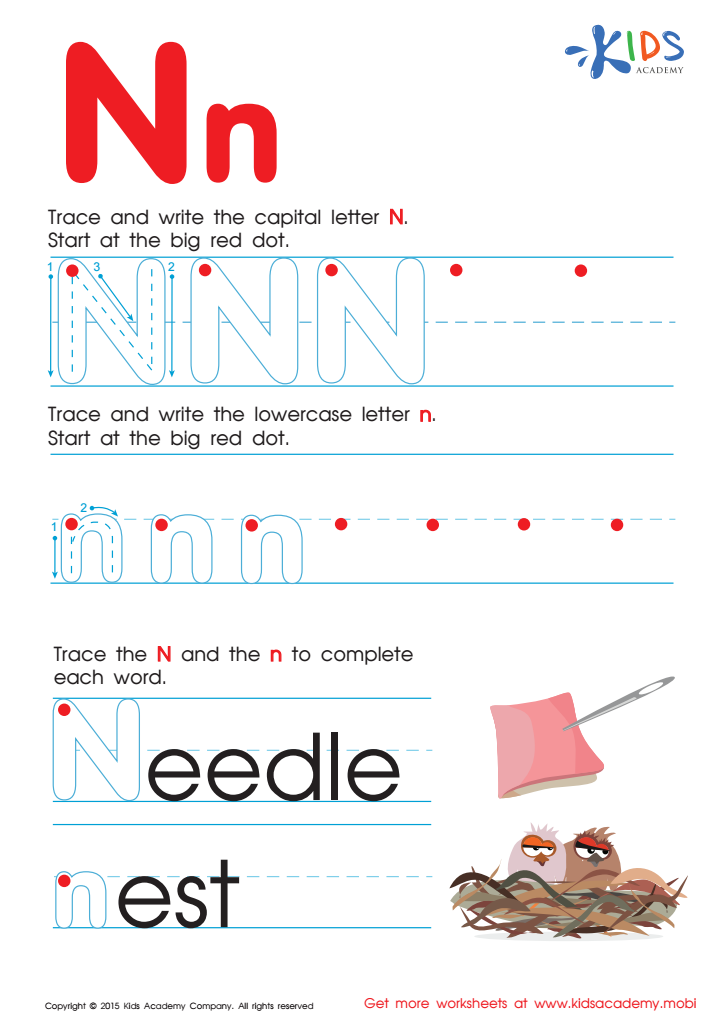

Letter N Tracing Page
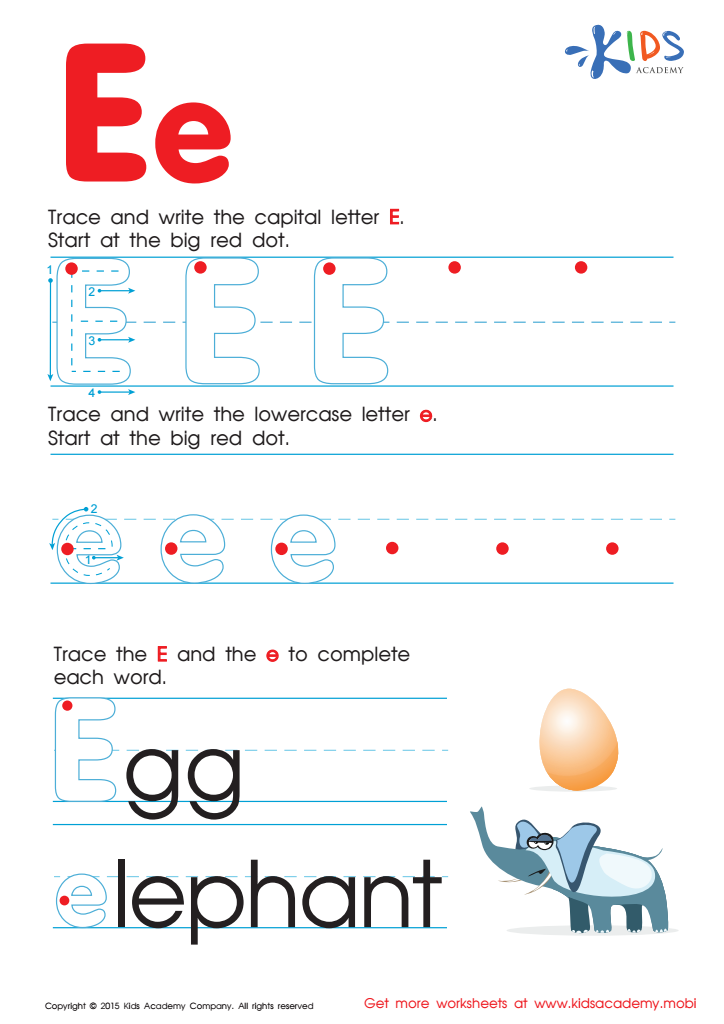

Letter E Tracing Page
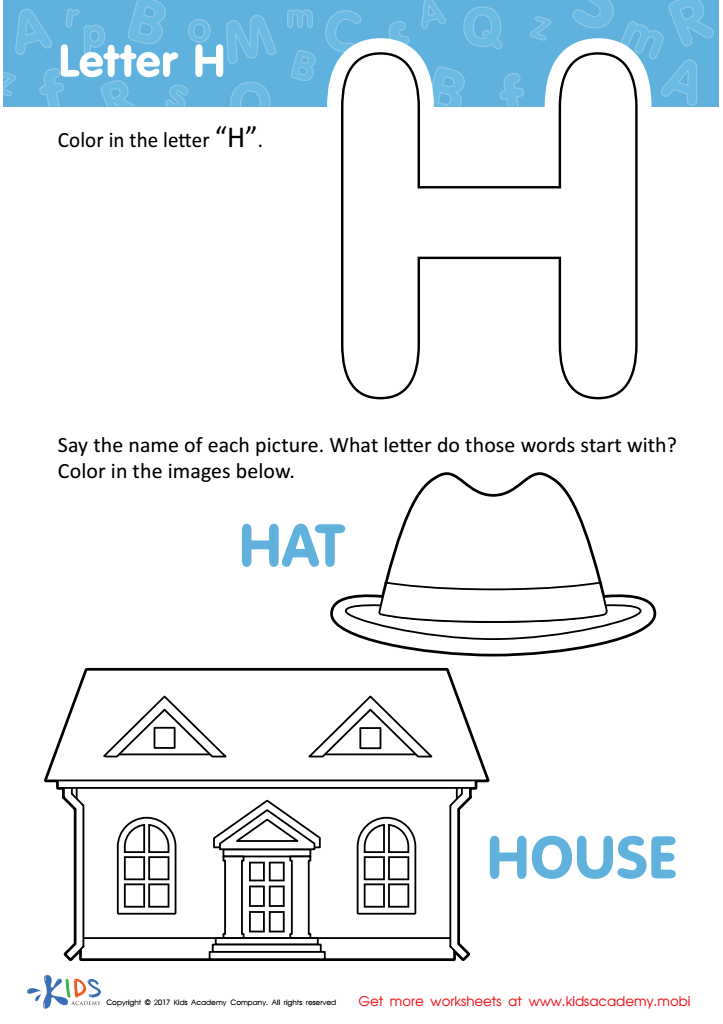

Letter H Coloring Sheet
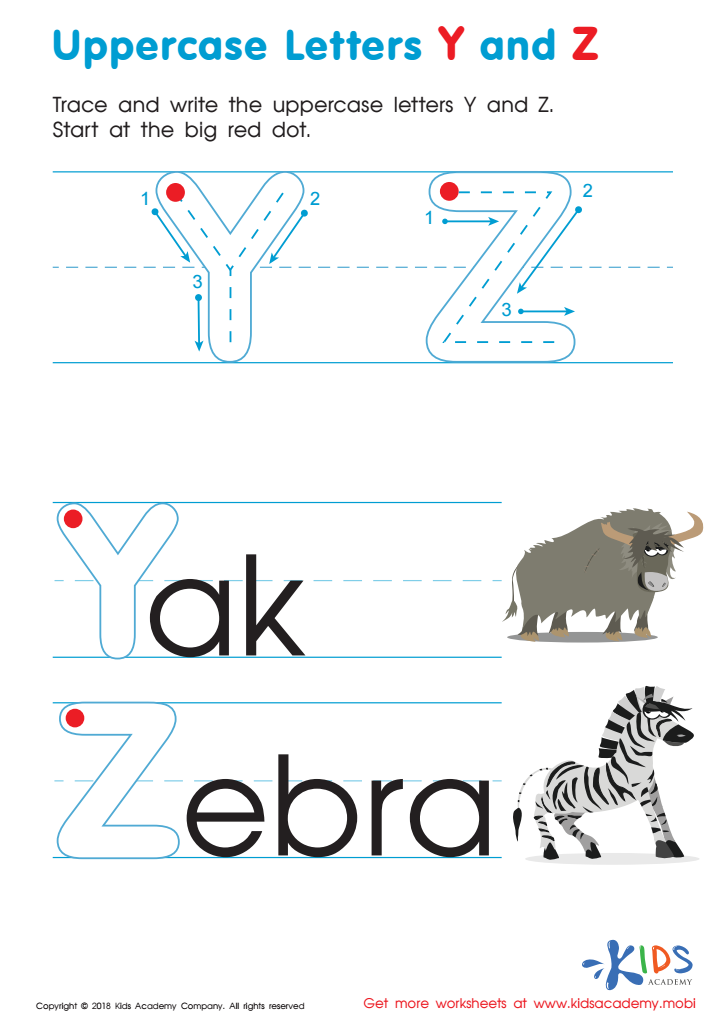

Uppercase Letters Y Z Worksheet
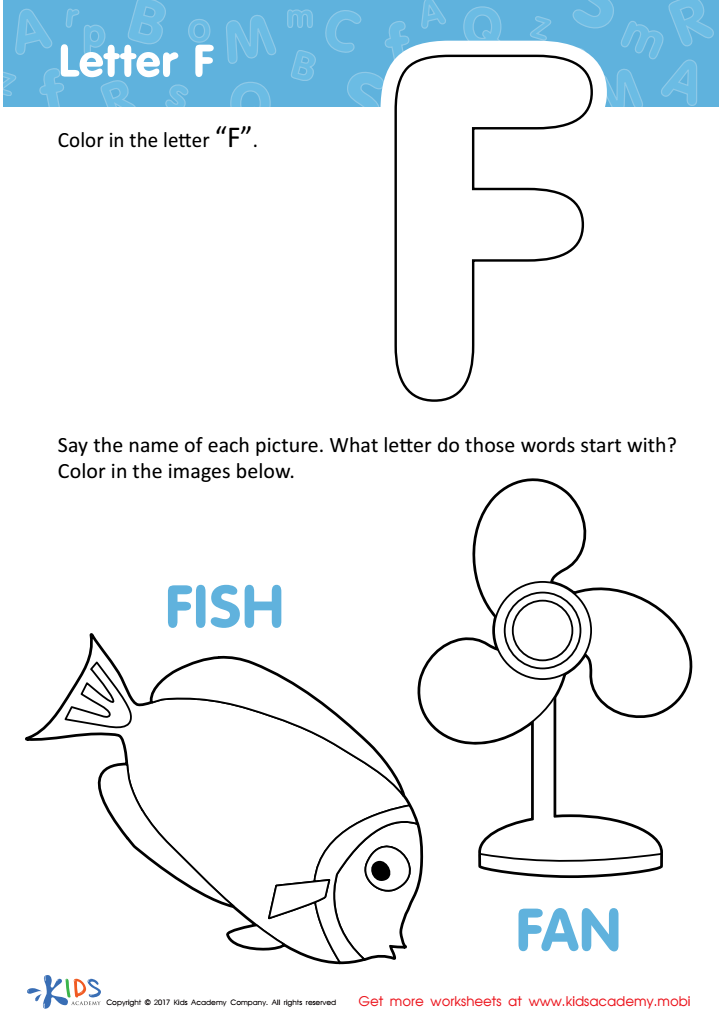

Letter F Coloring Sheet
Alphabet recognition, especially consisting of the normal ABC letters, serves as a cornerstone in a child’s early education and is pivotal to their future literacy development. For both parents and teachers, extensively engaging in alphabet recognition is essential for laying a solid linguistic foundation.
Firstly, familiarity with alphabet letters enables children to develop pre-reading skills. It helps them understand that letters combine to form words, and these words carry meaning—bridging the gap between spoken and written language. Children who recognize letters can connect sounds to them, which is critical for phonemic awareness and reading fluency.
Secondly, knowledge of alphabets assists in the development of writing skills. Recognizing and writing letters enhances fine motor skills, essential for legible handwriting and cognitive abilities related to planning and organization. Knowing the alphabet also builds confidence and motivation in children to explore reading and writing tasks.
For parents, investing time in alphabet games or reading activities with their kids at home can make a significant difference. For teachers, incorporating diverse alphabet recognition activities, like letter-matching games or tracing letters, keeps children engaged and reinforces their learning.
Ensuring kids grasp alphabet recognition at an early age sets them on a comprehensive path to academic excellence and lifelong learning, making this focus a crucial priority for both parents and educators alike.
 Assign to My Students
Assign to My Students
